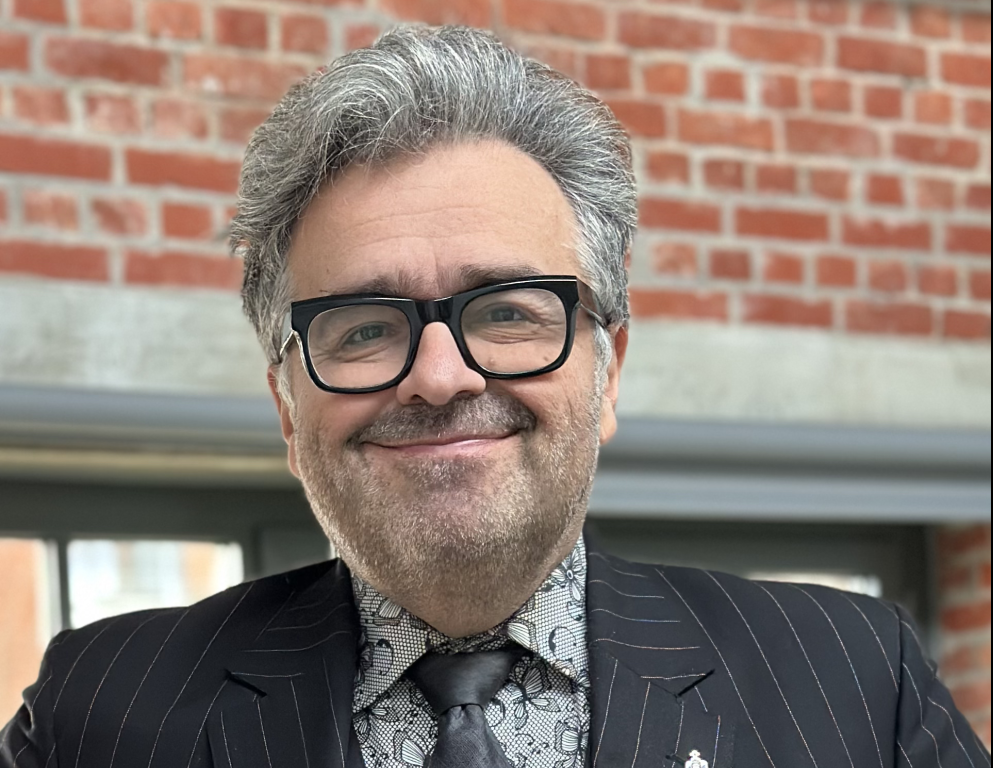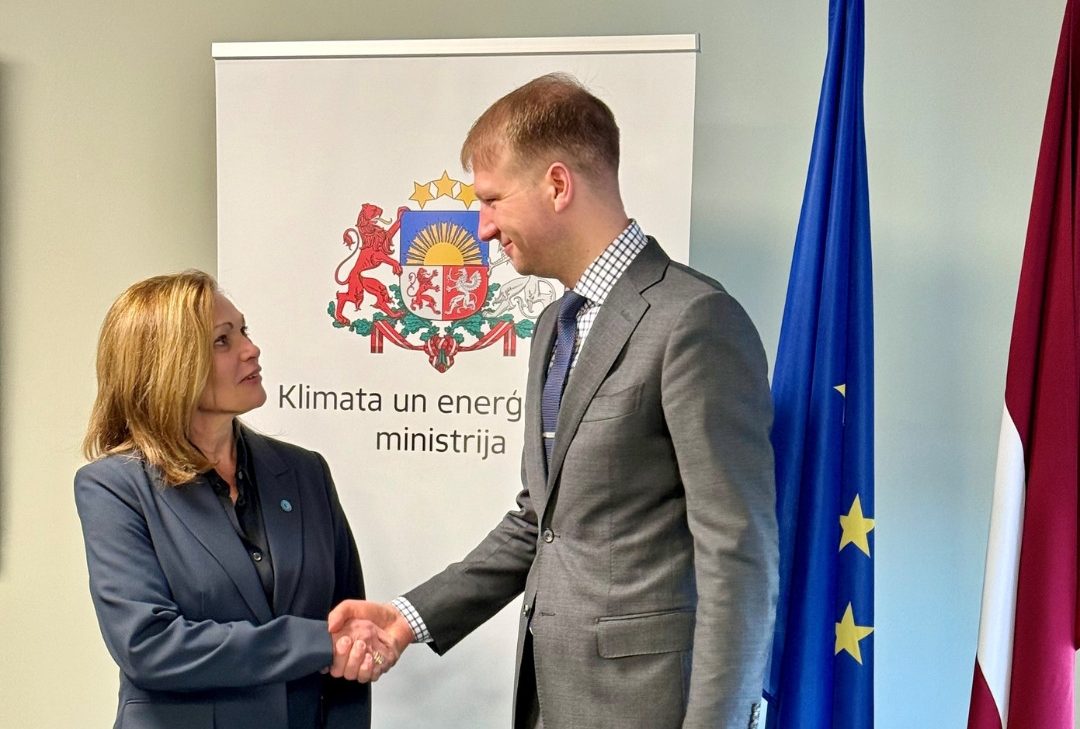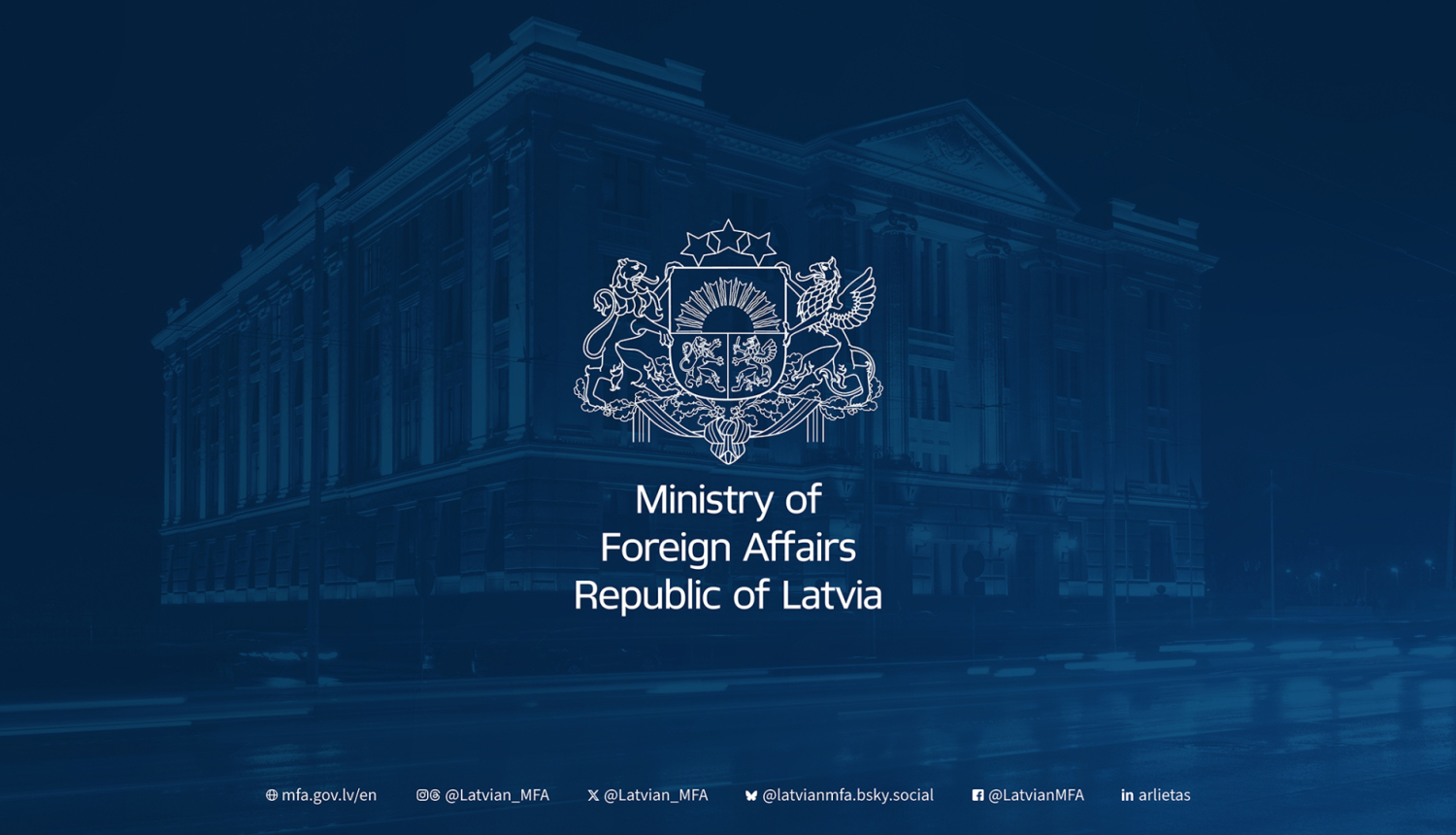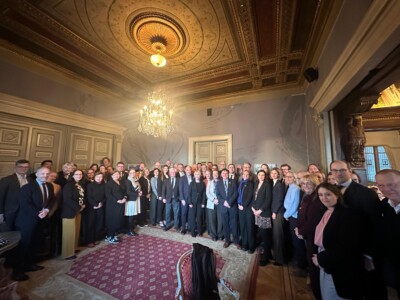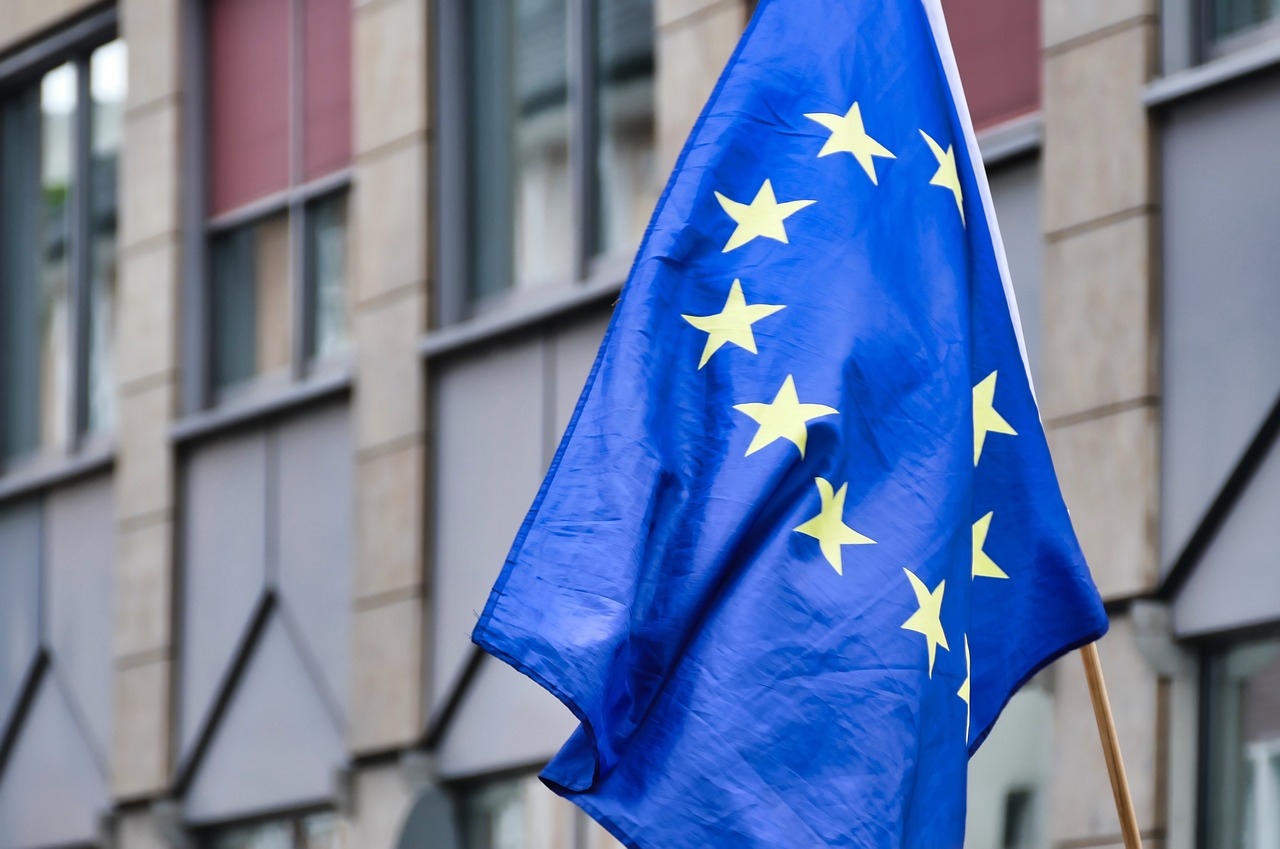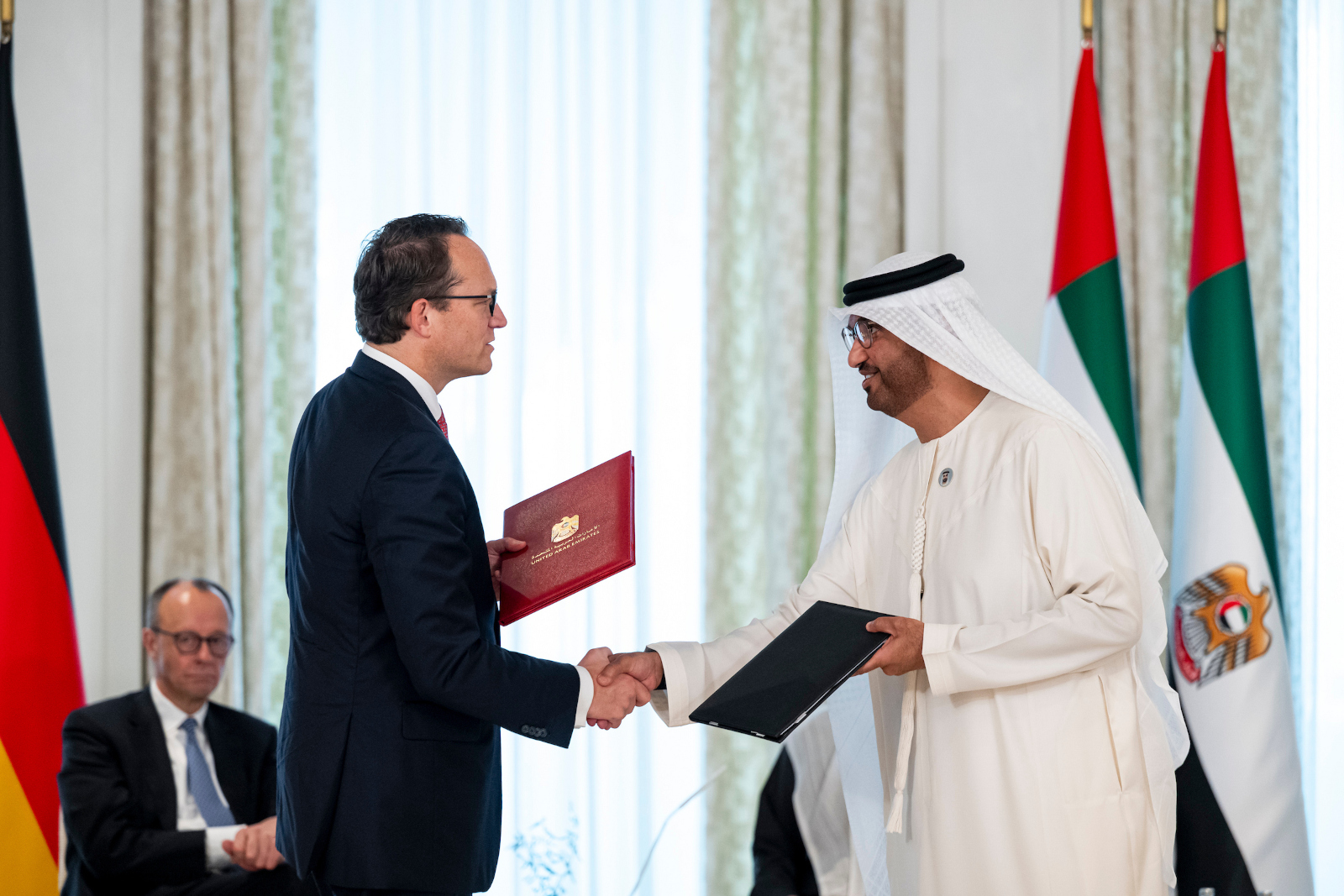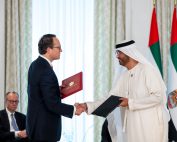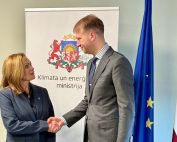By Dusan Jakovljevic, EUSEW’s digital ambassador– advocating for an EU Implementation Fund to ensure Horizon Europe and LIFE project results achieve real-world impact through better post-project support and coordination.
This opinion editorial is produced in co-operation with the European Sustainable Energy Week (EUSEW) 2025. See ec.europa.eu/eusew for more details.
The European Union has invested significant resources into research and innovation through Horizon Europe and environmental sustainability via the LIFE Programme. However, a persistent challenge remains: how to ensure the uptake and implementation of the innovative results of these projects. Many cutting-edge technologies, business models, and environmental practices developed under these programmes fail to reach the market due to lack of post-project financing, or insufficient coordination between research and implementation stakeholders. To address this gap, the EU should establish an ’EU Implementation Fund’, dedicated to ensuring that the outcomes of Horizon Europe and LIFE projects translate into tangible economic, social, and environmental benefits.
The fund would not need to focus solely on direct financial investments, but rather on creating structured and systemic mechanisms that maximise the replication and impact of EU-funded projects. By facilitating knowledge transfer, regulatory adaptation, industry partnerships, and capacity-building, the fund can ensure that research outcomes transition efficiently into market-ready solutions and widespread adoption. By focusing on the later stages of innovation, such an initiative could help de-risk promising technologies, support matchmaking initiatives, capacity-building programmes, facilitate pilot/follower projects, and support regulatory adaptation where necessary.
EU projects: engine for business
An ’EU Implementation Fund’ would serve as a crucial mechanism to bridge the gap between research results and market deployment, addressing one of the biggest barriers to competitive sustainability: the ‘valley of death’ between innovation and commercialisation. Many breakthrough technologies and sustainability solutions developed under Horizon Europe and LIFE projects struggle to reach market adoption due to high upfront costs, regulatory hurdles, or a lack of industry engagement. By providing targeted funding for scaling up, piloting, and adapting these innovations to market needs, the fund would ensure that research-driven advancements do not stagnate at the prototype or pilot stage but instead reach widespread commercial use across the EU.
Moreover, the fund could support businesses, particularly SMEs and startups, in adopting and implementing innovative solutions emerging from EU-funded research. By facilitating market uptake, the fund would help create demand-driven ecosystems where research outcomes are actively sought by industry, encouraging more companies to integrate sustainable practices and driving the EU towards a circular, low-carbon, and resource-efficient economy. Already, the European Innovation Council (EIC) Accelerator plays a positive role by providing funding and support to high-potential startups and small businesses developing groundbreaking innovations. EIC helps bridge the gap between research and market, accelerating the growth of deep-tech companies across Europe. More initiatives of this kind are needed.
Additionally, the EU Implementation Fund would enhance Europe’s competitive advantage by ensuring that European innovations are the first to scale globally. Many promising sustainability solutions risk being commercialised elsewhere due to faster-moving regulatory frameworks or more aggressive investment strategies in other regions, such as the U.S. or China.
EU projects: engine for jobs
At EEIP, we are already pushing replication and implementation in the early stages of the projects we support. We aim to match innovation with its potential to generate employment across various sectors.
For example, the CAPTUS project focuses on demonstrating sustainable pathways to produce high-value renewable energy carriers by valorising industrial carbon emissions and integrating renewable electricity surplus. It involves developing and operating new technologies, which needs skilled workforce for research, development and operational phases, thereby creating local and regional jobs in engineering, manufacturing and plant operations.
Similarly, the eLITHE project aims to decarbonise the ceramic industry by electrifying high-temperature thermal processes. This transition from fossil-based systems to electric heating processes requires the development of innovative technologies and materials, leading to job creation in research and development, as well as in the manufacturing and maintenance of new equipment.
The EENOVA project addresses energy efficiency in regional food processing value chains, aiming to reduce the carbon footprint of the agri-food sector. The project’s emphasis on collaboration among regional food hubs across Europe further fosters employment opportunities by stimulating local economies and supporting small and medium-sized enterprises in adopting energy-efficient practices.
Conclusion
This progress is already underway. The EU projects planning is already moving to simplified and more impact-orientated calls and proposals. Banu Altin (Istanbul Minerals and Metals Exporters Association) welcomes the increased focus. Support will be given to innovation enablers, such as ESCOs, technical support, chambers of commerce and others who understand technological innovation and can effectively communicate it to potential users, especially SMEs.
Innovation and market-oriented implementation can effectively complement and reinforce each other by creating a balanced ecosystem where research-driven advancements translate into competitive business models. By aligning public funding with industry needs, policies can de-risk early-stage innovations and stimulate private sector participation, ensuring policy-industry synergies to enable Europe to maintain its leadership in sustainability.
Recommended links
About the author
Dusan Jakovljevic is a co-founder and Policy and Communication Director at EEIP, a policy and business platform for industrial energy transition. He is the founder of #EuroBubble Twitter live monitoring free tool at vattel.com.
Disclaimer: This article is a contribution from a partner. All rights reserved.
Neither the European Commission nor any person acting on behalf of the Commission is responsible for the use that might be made of the information in the article. The opinions expressed are those of the author(s) only and should not be considered as representative of the European Commission’s official position.
Source: EUSEW
